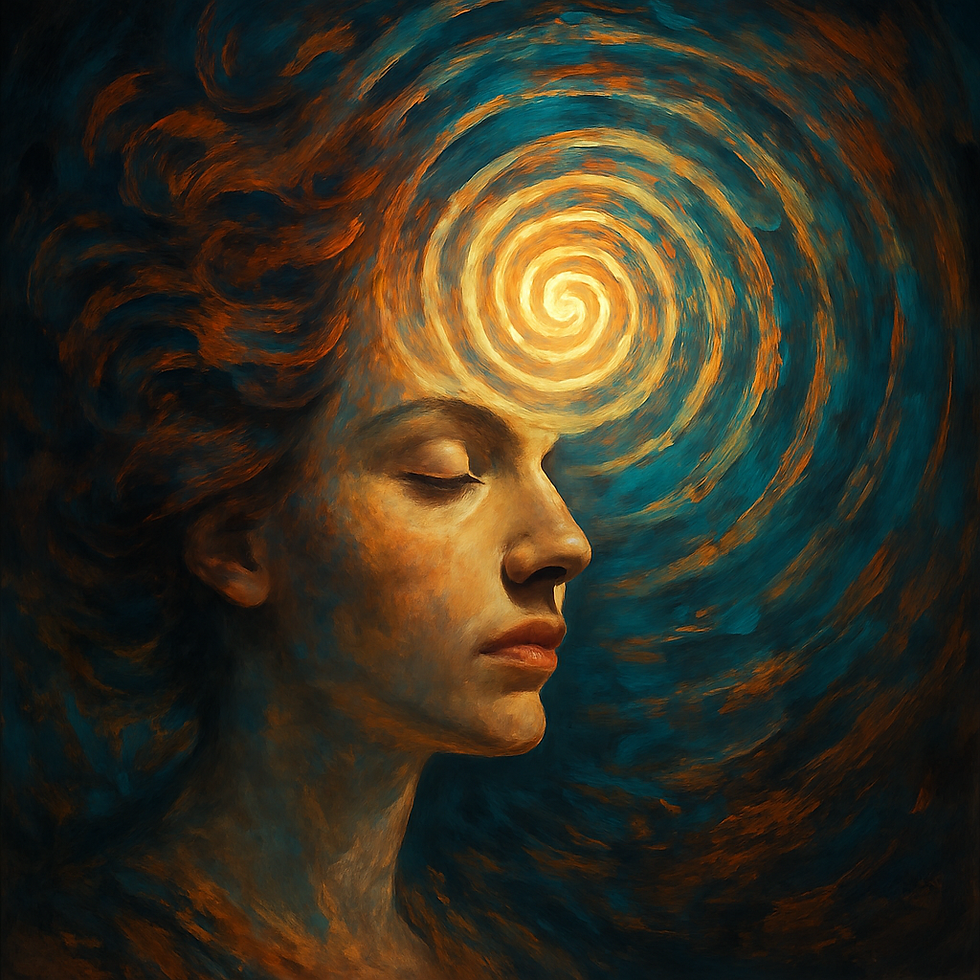Dog tired but can't sleep? Insomnia...
- John Black

- Apr 4, 2023
- 3 min read

Insomnia affects as many as one in three of the UK population. We all know what happens when we lack enough sleep - we become listless, tired, de-energised and irritable. We lack concentration, find it difficult to focus and our mood darkens - we become miserable. This makes for a difficult bed fellow, pun intended, for the modern workplace where often there is additional work load to take on, an unreasonable boss (possibly not sleeping well herself) and added demands made by a fragile economic situation. All in all it starts to shape up to become a toxic situation.
Do you have insomnia? The NHS writes about insomnia
“If you have insomnia, you may:
find it difficult to fall asleep
lie awake for long periods at night
wake up several times during the night
wake up early in the morning and not be able to get back to sleep
not feel refreshed when you get up
find it hard to nap during the day, despite feeling tired
feel tired and irritable during the day and have difficulty concentrating”
The really dangerous part is where we enter a vicious circle. Our stress and anxiety go up which somehow inevitably impacts on our sleep. Once sleep deprived we become unable to reduce our levels of stress / anxiety which then, yes you know it, affect our sleep. We get stuck in a tailspin that can lead to us feeling utterly drained and our whole perspective on the world darkening. So far, so depressing…but bear with me as there is light at the end of the tunnel.
Light at the end of the tunnel incase you struggled to picture it...

Once we understand the sources of our stress and anxiety we are able to do something about reduce them. There are a number of things that we can do to tackle insomnia or at least lessen its severity. These include;
Trying to ensure we have routines in place for both going to bed and waking up
Avoiding alcohol, caffeine, heavy meals and nicotine before we go to bed
Not using phones or watching TV straight before going to bed
Journaling your concerns and anxieties before going to bed so they are less likely to surface when trying to sleep.
It is completely natural to go in and out of cycles of light and deeper sleep and to wake up temporarily before, hopefully, falling nicely back to sleep. We know that Rapid Eye Movement sleep is particularly important for restorative function of our brain or mind. In that stage of sleep the brain is using a lot of energy to process events from the day / our lives. It is ordering and filing our experiences which effectively restores a healthy balance to our mind to face the challenges of the day ahead.
If we are facing chronic stress or severe anxiety things can take a turn for the worse and then we really, really struggle to sleep despite following “best advice”. In this case hypnotherapy can really help. It helps becomes the hypnotic state is very similar sleep, but is definitely not actual sleep. Your mind is clam, focussed and most importantly relaxed. That relaxation for your brain and the quietening of all the noise of life can often be enough to at least start to restore that balance back which later on will lead to restful sleep. one of the great things about working with a therapist / hypnotherapist around insomnia is it allows you to focus really carefully and intently on your life and what you would like to do to improve. Perhaps most importantly a good therapist is going to allow you to work to your own solutions that are going to work for specifically for you - and not impose their own. This isn’t some woolly notion of handing over to you to work it out. Instead it is a methodical process of working together to find real solutions that will work for you in the long term. This is then bedded in by the hypnosis part of the session.
If you, or someone you know, is struggling sleep and affected by insomnia I can help. Do get in touch.
beechwoodtherapies@gmail.com





Comments